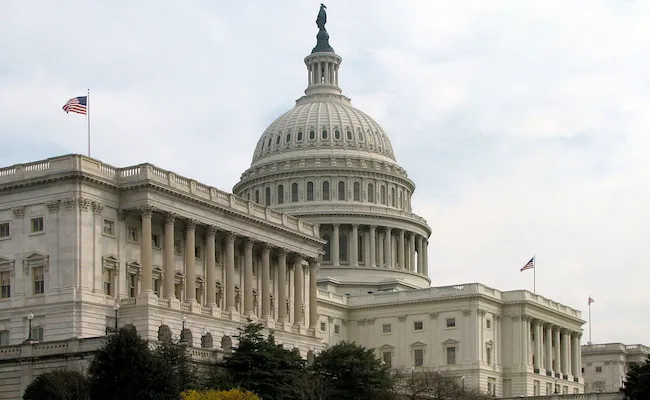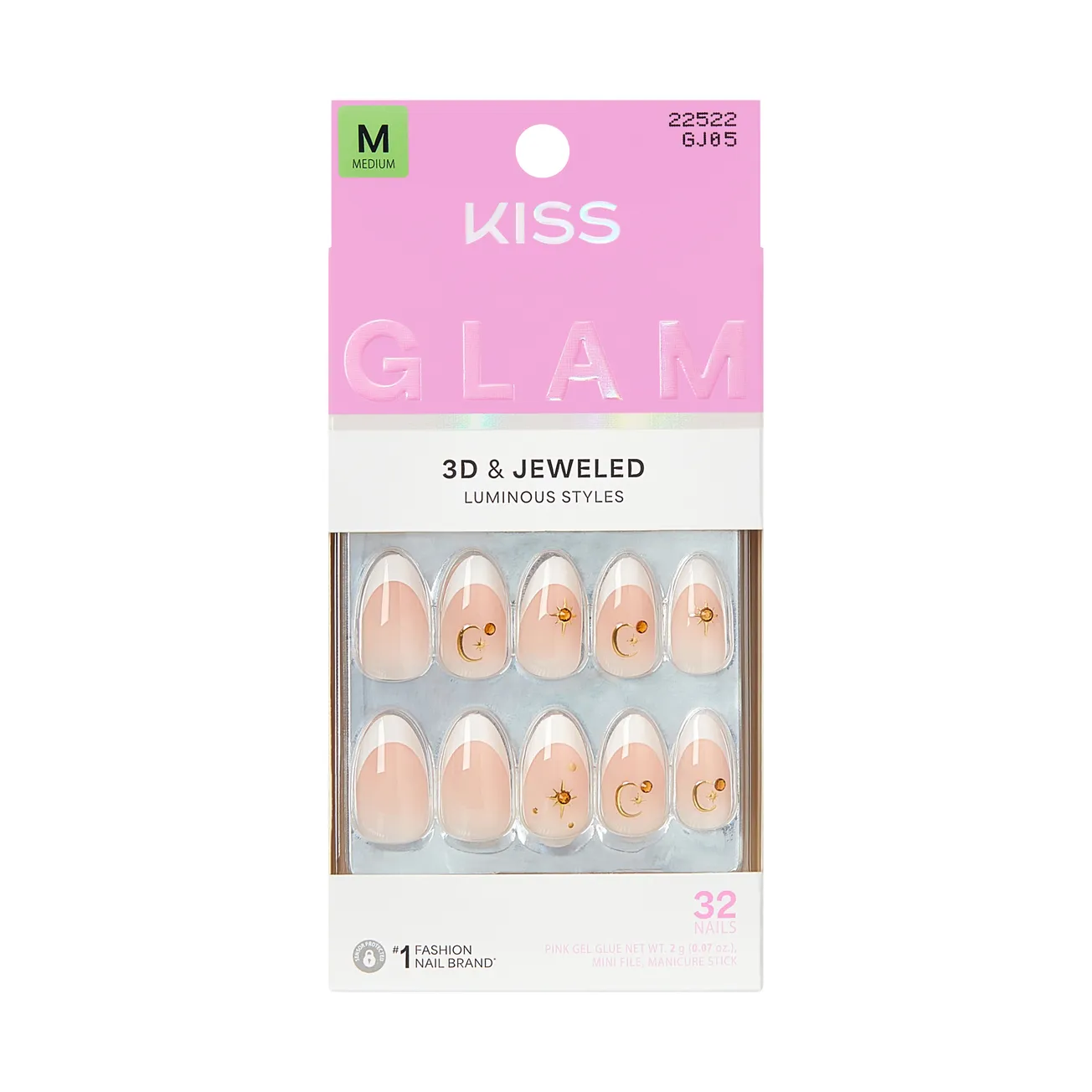WASHINGTON — Two U.S. senators with oversight for antitrust issues have called on federal regulators to take a close look at Walgreens Boots Alliance Inc.’s $17.2 billion deal to acquire Rite Aid Corp.
Sen. Mike Lee (R., Utah)
Sen. Mike Lee (R., Utah), chairman of the Senate Judiciary Subcommittee on Antitrust, Competition Policy and Consumer Rights, and Sen. Amy Klobuchar (D., Minn.), a member of the subcommittee, said the proposed merger, announced late Tuesday, could further squeeze competition — and hike prices — in an already consolidating health care arena.
“Our subcommittee has long been focused on competition in the health care sector,” Lee said in a statement. “In December 2011, we held a hearing to examine the competitive effects of the merger between Express Scripts and Medco, two of the largest PBMs. In 2014, we looked at competition in the contact lens market, and last month we held a hearing to discuss the mergers between four of the five largest national health insurers. Competition is essential in every part of our economy, and especially so in a market as complex and important as health care.
“With that in mind, we hope that the antitrust agencies will closely scrutinize the merger of Walgreens and Rite Aid, the [first]- and third-largest drug store chains,” he stated.
Klobuchar echoed current widespread concern about rising drug pricing and noted that the mega-deal could negatively impact pharmacy access.
“Competition in the health care industry is essential to keeping health care costs down for American consumers,” Klobuchar said. “I have fought tirelessly to promote competition in the health sector, and I believe the proposed merger of two of the three largest drug store chains in the country raises serious issues. It is critical that the proposed Walgreens-Rite Aid merger is closely examined to ensure it does not increase drug prices for consumers or reduce choice for pharmacy services.”
A combination of Walgreens and Rite Aid would create a drug chain with more than 12,700 stores. Walgreens currently has 8,173 drug stores — including the Duane Reade banner — in all 50 states, the District of Columbia, Puerto Rico and the U.S. Virgin Islands. Rite Aid operates 4,561 stores in 31 states and the District of Columbia.
CVS/pharmacy, the second-largest drug chain, currently has more than 7,800 stores in 44 states and the District of Columbia.
According to B. Douglas Hoey, chief executive officer of the National Community Pharmacists Association, the union of Walgreens and Rite Aid would create an entity with almost 20% of the nation’s brick-and-mortar pharmacies.
“NCPA is evaluating the impact of the merged company on pharmacy small-business owners and the patients they serve. At a minimum, regulators should closely scrutinize this merger, particularly in regions of high concentration of their pharmacies,” Hoey stated.
“While large chain pharmacies continue to merge to increase their negotiating leverage, independent community pharmacies continue to fill gaps in patient care in rural, urban and underserved communities. These independent community pharmacies will also continue to stand out for their sterling customer service and for providing a range of niche health care services to meet important patient needs,” he added. “As the number of publicly traded chain pharmacy corporations continues to shrink, independent community pharmacies offer consumers, health care providers and payers options to optimize the value from their medications.”









